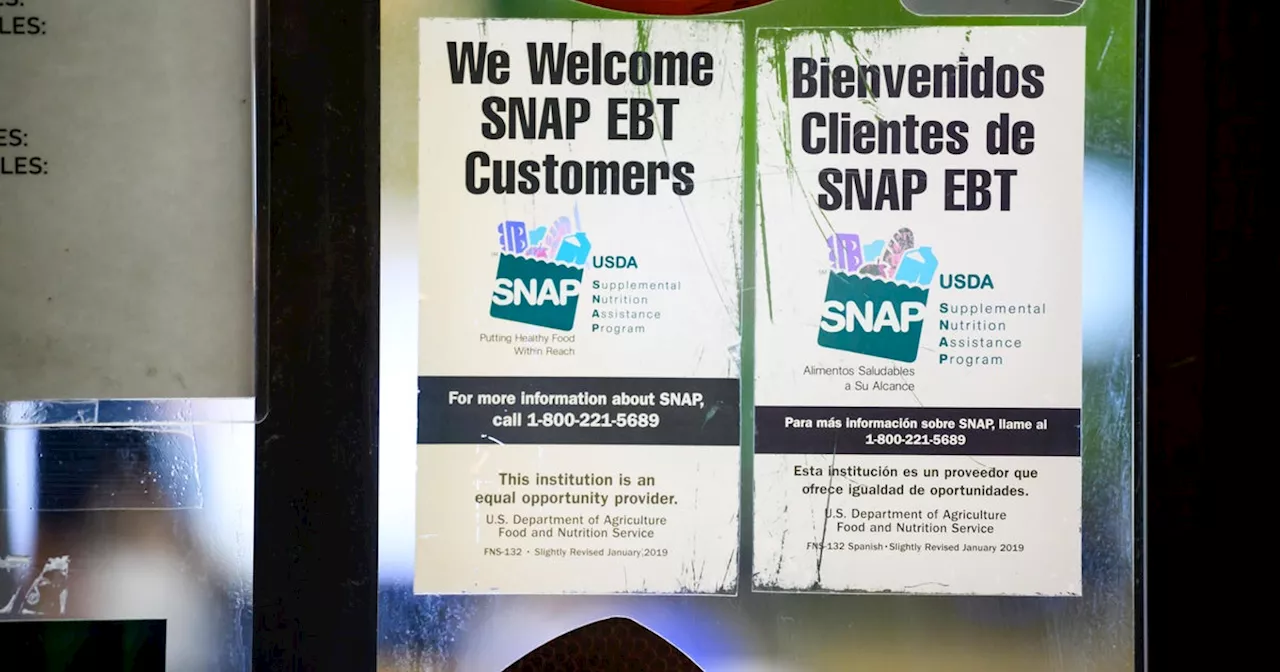The U.S. Department of Agriculture (USDA) is taking steps to comply with a federal court ruling requiring the agency to provide full food benefits to approximately 42 million Americans enrolled in the Supplemental Nutrition Assistance Program (SNAP) through November. This decision follows a ruling issued by U.S. District Judge John McConnell, and the USDA is working to ensure that the necessary funds are made available.
On Friday, USDA officials informed state agencies that they are actively preparing to implement the court’s order. Patrick Penn, deputy undersecretary for Food, Nutrition and Consumer Services, stated that the USDA is committed to completing processes to release funds for full benefit issuances in November. The USDA aims to address the needs of SNAP recipients who rely on these benefits for grocery purchases.
The Justice Department has appealed Judge McConnell’s order and is seeking to block it. This legal maneuver comes after the USDA announced plans to limit food assistance for November due to the ongoing government shutdown. The department had indicated earlier that it would only be able to provide partial benefits. However, Judge McConnell’s ruling mandates that the USDA access contingency funds to ensure full payments are made.
The court’s decision stems from a lawsuit brought by a coalition of cities and nonprofit organizations after the USDA’s announcement regarding the impending cut to food assistance. Judge McConnell emphasized the urgency of ensuring that SNAP recipients receive their benefits without delay. He expressed concern about government actions that seemed to undermine the intent of his ruling, particularly citing comments from President Trump suggesting that benefits would only be provided once the government reopens.
In a bid to comply with the court’s order, the USDA has been directed to utilize both the contingency fund and additional resources allocated for Child Nutrition programs. In a statement, Judge McConnell criticized the administration for withholding benefits, implying that political motivations may be influencing the decision-making process regarding food assistance.
Amidst the ongoing legal challenges, the USDA has communicated with state agencies about the necessary calculations for benefit distribution. While the agency has expressed its intention to comply with the court ruling, it has also cautioned that it might take several weeks for the full benefits to reach recipients.
As the situation develops, the USDA’s commitment to adhering to the court order remains under scrutiny, with potential implications for millions of Americans who depend on SNAP for their nutritional needs. The outcome of the Justice Department’s appeal will play a crucial role in determining the future of food assistance for those affected.
